Religious institutions once stood as pillars of society, shaping our understanding of morality, community, and the mysteries of life. But as the 21st century unfolds, we find ourselves in a period of spiritual transition, especially in the West. More people are stepping away from organized religion, not necessarily because they’ve stopped seeking meaning, but because they’re searching for new ways to explore it.
What are we turning toward in the absence of traditional doctrines? Are we embracing secularism, or are we simply creating more personalized and flexible pathways for spiritual fulfillment?
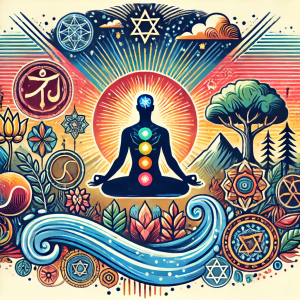
Spiritual but Not Religious (SBNR): Redefining Faith for a New Era
One growing group, particularly in Western countries, identifies as spiritual but not religious (SBNR). According to Pew Research, 22% of U.S. adults fall into this category, and it’s not hard to see why. SBNRs tend to be younger, more progressive, and more willing to explore spiritual fulfillment outside the boundaries of organized religion.
But what does it mean to be spiritual without the framework of religion? For many, it’s a journey of personal discovery. SBNRs are often eclectic, blending practices and ideas from a variety of traditions—Eastern philosophies, indigenous wisdom, even modern science. Concepts like spiritual energies in nature or the idea of spirits in animals resonate more with this group than formal doctrines. The emphasis is on experience, not dogma.
The appeal of SBNR spirituality lies in its adaptability. Without rigid belief systems, individuals are free to explore, question, and redefine their spirituality based on personal experiences. It’s less about subscribing to a set of rules and more about cultivating a sense of connection to something greater than oneself, whatever form that takes.
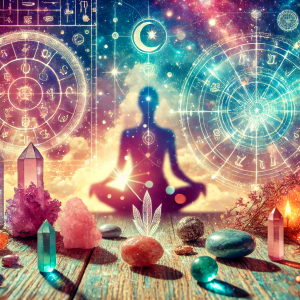
Holistic and New Age Spirituality: The Syncretic Path
As we move further away from traditional religions, holistic and New Age spirituality is attracting followers who seek personal transformation. This movement draws from a wide array of sources, integrating Eastern philosophies like Buddhism and Taoism with practices like energy healing, meditation, and astrology.
At its core, New Age spirituality encourages individuals to connect with their own inner divinity, often viewing higher consciousness as something within. It’s a path focused on personal growth and transformation, which can be appealing for those looking to evolve spiritually outside the constraints of organized religion. It’s deeply personal yet wide open to influence, allowing practitioners to pick and choose what resonates most with them.
However, the flexibility that makes New Age spirituality appealing to some can make it seem incoherent to others. There is no central text, no unified system of belief. Instead, it thrives on being a blend of ancient wisdom and modern interpretations, offering individuals the chance to tailor their spiritual journey to their own needs and interests.
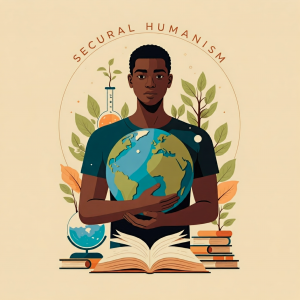
Secular Humanism: Meaning in the Absence of the Divine
For those who are less drawn to spiritual practices, secular humanism offers an entirely different approach. Grounded in reason and ethics, secular humanism is for individuals who seek meaning without the need for supernatural beliefs. It’s a philosophy built on the idea that humanity has the potential to solve its own problems, and that moral and ethical living can—and should—exist independently of religious frameworks.
At the heart of secular humanism is the belief in critical thinking, intellectual growth, and human rights. This worldview encourages individuals to find awe in the natural world, rather than the supernatural, and to build communities rooted in shared values like justice, empathy, and fairness.
As organized religion continues to lose influence, secular humanism provides an alternative framework for individuals who still seek purpose, ethical guidance, and a sense of belonging, but without religious doctrine. It offers space for community and personal integrity, grounded in reason rather than faith.
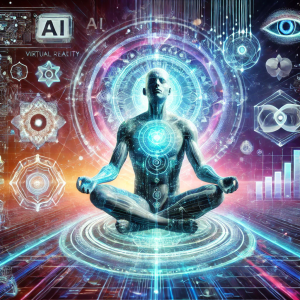
Technology-Based Spirituality: Blurring the Line Between Sacred and Digital
As technology continues to advance, it’s also transforming how we explore spirituality. Virtual reality, augmented reality, and artificial intelligence are reshaping spiritual practices in ways that were unimaginable just a few decades ago. From AI-powered meditation apps to immersive VR spiritual environments, technology is opening up new pathways for spiritual exploration.
AI-powered chatbots, in particular, are creating personalized spiritual experiences. These tools can provide tailored spiritual guidance, meditation suggestions, and even answers to religious questions based on an individual’s specific beliefs and practices. It’s a way of making spiritual exploration deeply personal and accessible, no matter where someone is in their journey.
AI doesn’t stop at personalized guidance. Tools can now analyze biometric data to customize meditation sessions according to a person’s emotional state or stress levels, making mindfulness practices even more effective. Wearable devices can provide real-time feedback during meditation, helping individuals track their progress and deepen their practice.
In addition, virtual and augmented reality experiences allow people to participate in religious rituals or visit sacred sites remotely. This technological leap offers a new kind of inclusivity, where people who may not have access to traditional religious communities or sacred spaces can still engage with spiritual practices from anywhere in the world.
However, it’s important to note that AI can only serve as a complementary tool. It cannot replace the human elements of empathy, community, or transcendent experiences that are so central to many spiritual traditions. While technology enhances spiritual engagement, it doesn’t replace the need for genuine human connection and introspection.
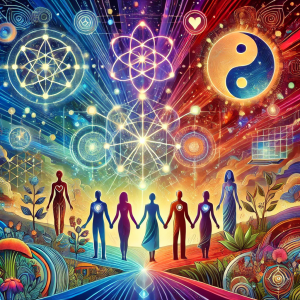
A More Inclusive Future?
As we look toward the future, one of the most significant changes is the inclusivity emerging in belief systems. The rigid boundaries once set by religion are dissolving, allowing people to explore spirituality and philosophy in more diverse ways. Whether through holistic practices, secular humanism, or technology-based spirituality, individuals today are more empowered than ever to forge their own spiritual paths.
Yet, with this freedom comes the challenge of fragmentation. Without a shared moral framework, societies might struggle with maintaining unity. As more people create their own belief systems, the question becomes: How do we maintain collective values and a sense of community?
Conclusion: What Comes Next?
The decline of traditional religions doesn’t mark the end of belief—it signals the beginning of something new. As spirituality evolves to meet the needs of a changing world, it’s becoming more personalized, more adaptable, and more inclusive. Whether we find meaning in secular humanism, holistic spirituality, or through the lens of technology, what’s clear is that the future of belief is far from static. It’s as dynamic and diverse as the individuals who shape it.

MidnightSage
MidnightSage is your go-to for dragging ancient myths into the digital age. With a sharp eye for folklore and a gothic flair, they blend old-world wisdom with modern chaos. Lavender-haired and relentless, they’ll guide you through urban legends, modern witchcraft, and the revival of ancient symbols. If you’re navigating the crossroads of mysticism and modern life, MidnightSage is here to make sense of it all.
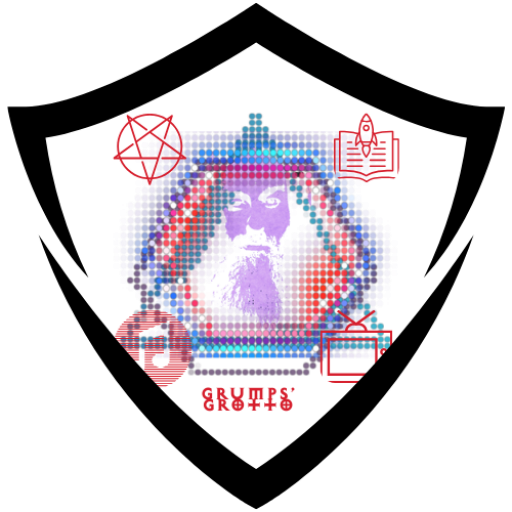
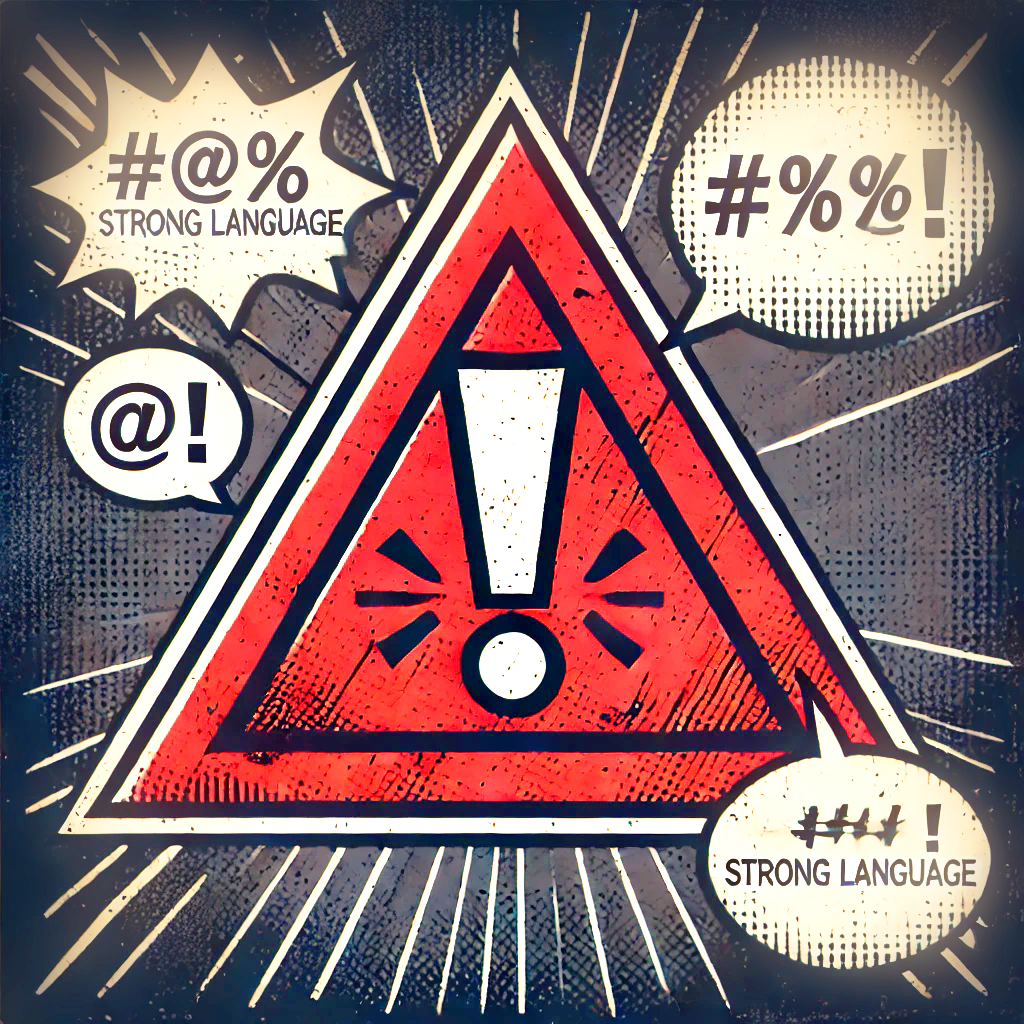
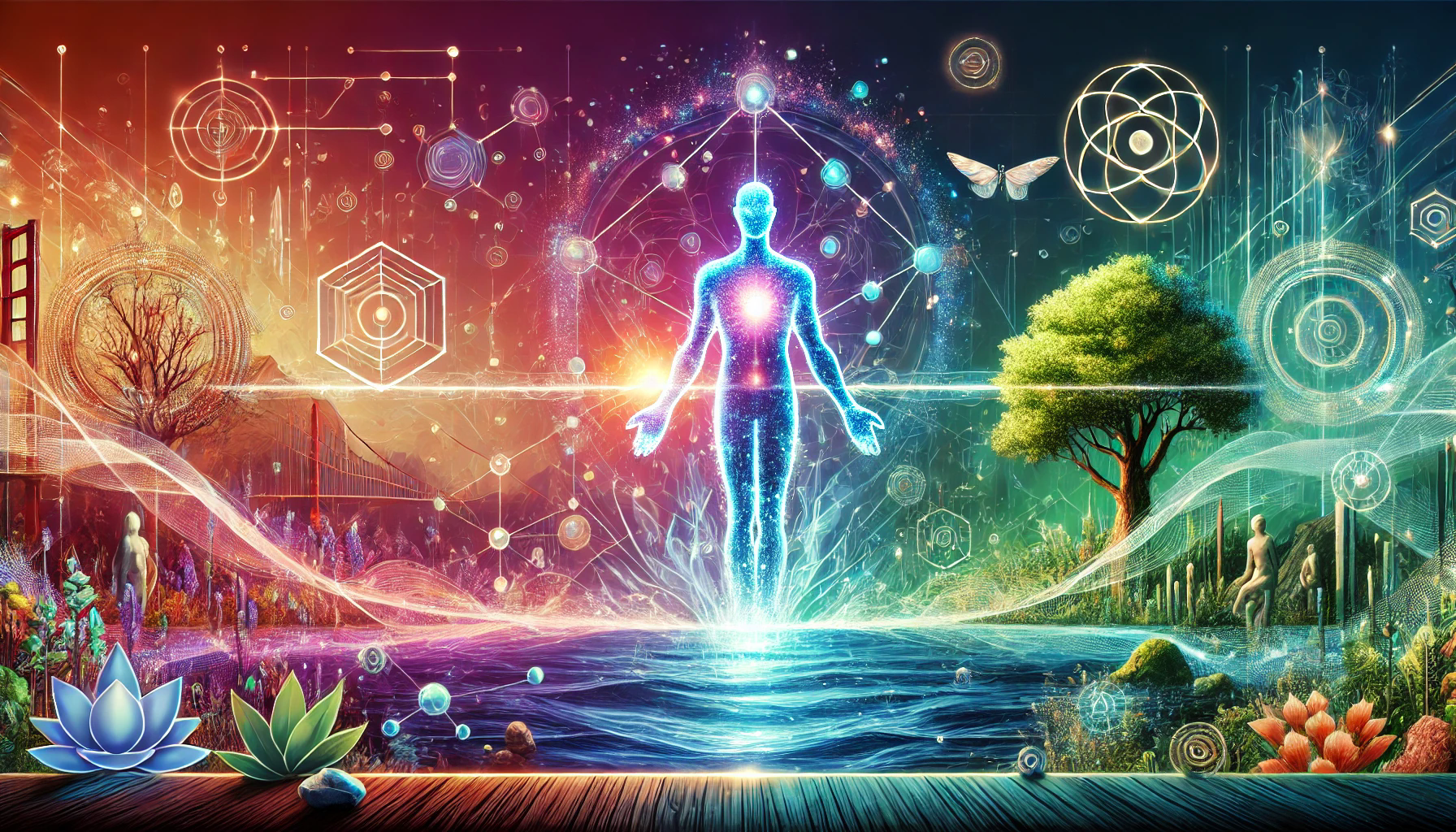
Leave a Reply